Search Results
Showing results 61 to 80 of 115
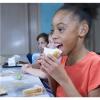
Taste Match Game
Source Institutions
In this activity (3rd activity on the page), learners taste test different foods and categorize them as sweet, bitter, sour, or salty. Learners compare their results with the group.
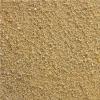
Touch Boards
Source Institutions
Use this activity (13th activity on the page) to introduce learners to the sense of touch. Learners collect objects of varying textures like feathers, rocks, sand, etc.
Balance Challenge
Source Institutions
In this quick activity, learners take a balance challenge to measure their average balance time. As they collect data, they investigate how practice and repetition improve their balance time.
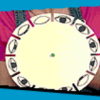
Phenakistascope
Source Institutions
In this optics activity, learners build an animation tool to make mini movies. When you spin a phenakistascope, the pictures move so quickly that your eyes and brain can't separate the images.
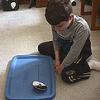
Benham's Disk
Source Institutions
In this activity, learners make a Benham Top to explore visual illusions and optics.
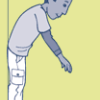
Throw Your Weight Around
Source Institutions
During this activity, learners take part in a variety of tasks which involve moving and balancing different body parts.
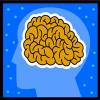
Brain Box (Bag) of Science
Source Institutions
In this neuroscience activity (5th activity on the page), learners explore their sense of touch without using their senses of vision and hearing.
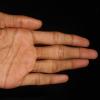
Head, Shoulder, Knees and Toes...and Hands, Fingers and Back
Source Institutions
Are fingers the only place on the body where we use our sense of touch? In this activity (6th activity on the page), learners test the touch sensitivity of different parts of the body.
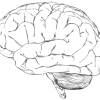
Train Your Brain
Source Institutions
In this activity, learners play a trick on their own brain to see if the brain can learn to ignore distracting input. Colors and words are used to play the visual trick, known as a Stroop Test.
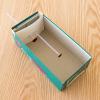
Size and Distance
Source Institutions
In this activity about depth perception, learners create an optical illusion in a shoe box.
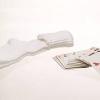
Don't Be Nerve-ous
Source Institutions
In this activity, learners discover a brain process called habituation.
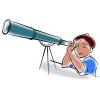
Right Eye/Left Eye
Source Institutions
In this activity (3rd on the page), learners conduct a series of tests to find out which of their eyes is more dominant.
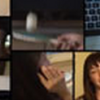
Multitasking Mania
Source Institutions
In this activity, learners conduct scientific research on multitasking. Learners determine if multitasking with media while doing homework affects their ability to successfully complete the homework.
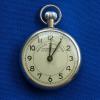
Auditory Acuity
Source Institutions
This activity (8th activity on the page) tests learners' ability to identify things using only the sense of hearing.
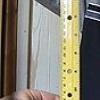
How Fast Are You?
Source Institutions
This activity is designed to let learners measure their reaction time or response time to something they see.
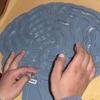
Tactile Mazes
Source Institutions
In this activity (15th activity on the page) about the sense of touch, learners use glue and cardboard to construct a maze they use with their eyes closed.
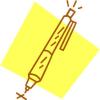
Where Was That?
Source Institutions
In this activity (9th activity on the page), learners work in pairs to see how their perception of touch differs from reality.
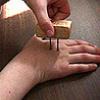
Our Sense of Touch: Two-Point Discrimination
Source Institutions
In this activity, learners investigate the touch sensory system and discover how to plan and carry out their own experiments.
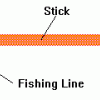
Become a Neurologist: Detective Threshold
Source Institutions
In this neuroscience activity (4th activity on the page), learners make their own set of Von Frey hairs to test detection thresholds.
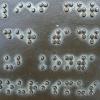
Finger Reading
Source Institutions
In this activity (10th activity on the page) about the sense of touch, learners make Braille letters out of cork or cardboard and map pins.
